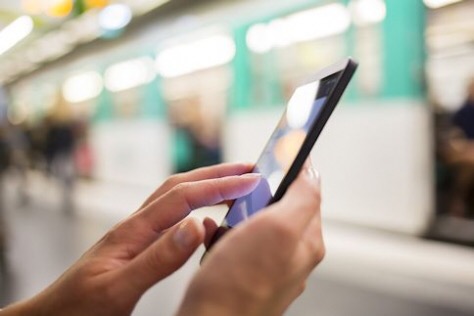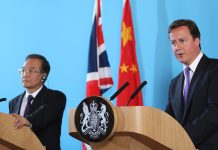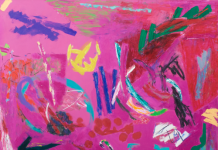IT might sound like something from a science fiction story, but researchers from Manchester Metropolitan University have been investigating how “augmented reality” could help improve our holidays.
Augmented reality is the process of overlaying digitally created information onto the real world environment, often through the use of smartphones or tablets.
According to research carried out by Dr Timothy Jung and Dr Claudia Leue, tourists are more likely to react favourably to using augmented reality technology if they trust the source, perceive its use to have relative benefits to themselves and consider themselves to be innovative people.
The researchers travelled to the Characworld theme park in South Korea where they questioned tourists about their experiences.
The researchers questioned 186 visitors to the park on their attitudes towards an augmented reality applications and whether they would use them in the future.
They found that more than half of the participants (52.3%) who tried the Augmented Reality application at Characworld themepark in Jeju Island had a positive attitude towards using augmented reality based technologies as an enhancer of the visitor experience.
53.3% of visitors perceived the usage of GPS-based augmented reality to be a convenient way to receive information and 41.9% found it to be beneficial for their visiting experience.
Overall, 57.7% found the application useful and almost two third of the participants revealed that they are planning to use the application in the future.
The resulting paper was highly commended at EuroCHRIE, the biggest conference for hospitality and tourism educators, where it was named as runner up in the “Best Research Paper Category”.
In it, the researchers say: “The results suggest that tourists are likely to form a favourable attitude about the application if they consider themselves highly innovative, consider information trustworthy and received relative benefits by using the AR application.
“Destinations and attractions should therefore integrate these factors into an AR strategy in order to provide tourists with a seamless experience. These are particularly important considering that AR is a relatively new form of communication and therefore, if well implemented and executed visitors are likely to recommend it to other tourists.
“Thus, these findings might help practitioners to create and implement an AR strategy in the future.”







